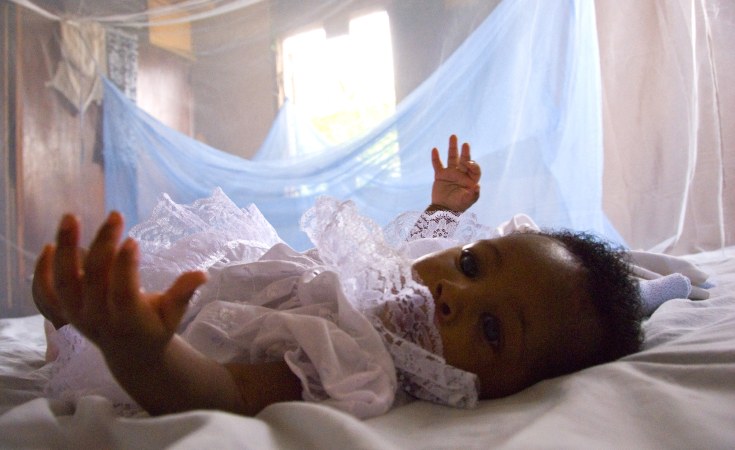A recent survey conducted by the RBM Partnership to End Malaria and Gallup International shows that African youth are determined to end malaria. Conducted across six countries - Kenya, Mozambique, Nigeria, Rwanda, Senegal, and South Africa - the findings reveal that 9 in 10 youth in Africa believe that we can have an impact against the disease. These statistics come as light at a dark time in the malaria response due to the socioeconomic recession brought about by the Covid-19 pandemic. The pandemic has swept across Africa at an alarming rate, threatening the remarkable progress made in malaria care and treatment in the last decade.
Two decades of investments into malaria response in Africa have saved 7.6 million lives and prevented 1.5 billion malaria cases, significantly reducing burdens on health systems worldwide. The progress is excellent, and thus the fight against regress must continue, especially at the community level. The youth in Africa can play a significant role in educating the community about malaria control. Young Africans are increasingly presenting themselves in large numbers to take up opportunities to raise their voice for improved promotive, preventive, and curative malaria care.
I am honored to be one of these malaria youth champions and pleased to work with a community of young leaders sitting on the African Leaders Malaria Alliance (ALMA) Youth Advisory Council. Together, we draw the line against malaria through conducting high-level advocacy and empowering Africa's youth groups to join forces against malaria. I invite youth to collaborate with us to fill the gaps through volunteering in the communities, sharing information on social media, or reaching out to policymakers. There is something that each one of us can and should do.
Malaria affects us all. The cases in Africa account for 90% of the global malaria burden. Children under five and pregnant women are at the greatest risk. It is estimated that 50% of all preventable school absenteeism in Africa is due to malaria, preventing young people from reaching their full potential. The continent does not have to lose over 400,000 lives every year from a treatable and preventable disease that has been around for millennia. As we look to our leaders and policymakers to take more action, one thing has become clear: African youth are ready to act against malaria, and we demand that our leaders do the same. In Sub-Saharan Africa alone, 77 percent of the population is under 35: approximately 770 million people. A small percentage of this number pledging allegiance to end malaria would be unstoppable. By working together, we would have immense power.
Our leaders' commitments and investments in malaria control are crucial. The survey indicated that 61% of youth interviewed felt that national attention towards the disease has decreased during the pandemic. Africa's Heads of State and Government endorsed the Africa Health Strategy in 2016, which calls for accountable leadership and good governance, sustainable health financing, research, and innovation, all of which are core aspects in the malaria fight. It also calls for investment in adolescents and youth as they are the flesh and bone of the continent. The leaders also endorsed the Catalytic Framework to End AIDS, TB, and Eliminate Malaria in Africa by 2030 . One of the Framework's pillars is to invest in youth and adolescents. Policies that guide the political role exist and the only thing left is action at the national and continental level.
At the continental level, we see several initiatives that recognise the power of youth engagement, such as the Draw the Line Against Malaria campaign, part of the pan-African, Zero Malaria Starts with Me movement. This youth-focused, Africa-first global campaign encourages youth across the continent - and throughout the world - to take their futures back from malaria, with support from an array of African icons in sport and culture, from South African rugby champion Siya Kolisi to Rwandan choreographer Sherrie Silver. They continue to prove that the conversation about malaria is for everyone.
As future leaders of Africa, the youth must commit to achieving a malaria-free world within our lifetimes. Whether by choosing medical and scientific careers, adopting preventive and protective interventions, or holding leaders accountable for stepped-up action to end malaria, our generation should be empowered to be agents of change in our communities.
As long as malaria exists, it will be an engine of inequality, burdening the poorest and most vulnerable communities, and will always have the potential to resurge in times of crisis. However, a malaria-free world can be achieved within a generation, and the power is in our hands. We must all unite and join together to Draw the Line against this disease.
African youth are encouraged to Draw the Line Against Malaria at zeromalaria.org to call on leaders to accelerate progress against the disease.
Whitney Mwangi, Member of the ALMA Youth Advisory Council and RBM Partnership to End Malaria Youth Workstream


